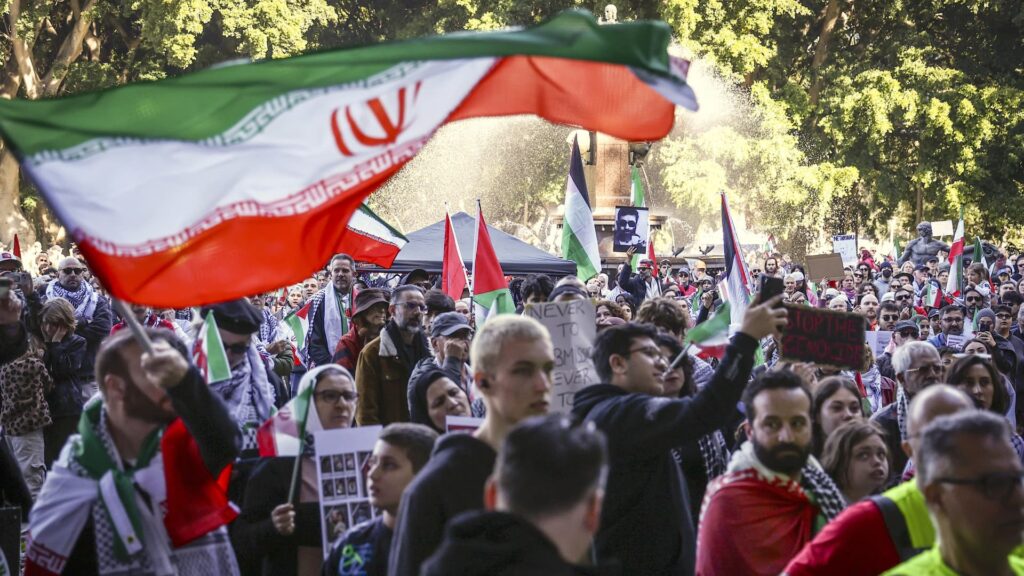
TEHRAN – Iran’s firm stance follows U.S. military strikes on three key nuclear facilities, escalating tensions in the Middle East.
Breaking: U.S. Strikes on Iranian Nuclear Sites
Iran’s Foreign Minister, Abbas Araghchi, announced on Sunday that Tehran reserves all options to defend its sovereignty and people following what he described as “outrageous” U.S. attacks on three major nuclear enrichment facilities. These sites, located in Fordo, Natanz, and Isfahan, are central to Iran’s nuclear program.
Immediate Impact
The strikes mark the first direct military engagement by the U.S. against Iran, significantly heightening geopolitical tensions. In response, Iran launched its 20th wave of missile and drone strikes targeting Israeli military positions, as reported by Iranian state media Fars.
“Every member of the United Nations must be alarmed over this extremely dangerous, lawless, and criminal behavior.” – Abbas Araghchi
Key Details Emerge
According to the Israel Defense Forces, sirens were heard across Israel as Iranian offensives continued. Israel has initiated its own missile strikes in western Iran, intensifying the conflict between the two nations, which have been exchanging attacks since Israel’s surprise assault on Iran last week.
Industry Response
U.S. President Donald Trump addressed the nation, declaring the strikes a “spectacular military success” that “completely obliterated” Iran’s key nuclear facilities. However, these claims have not been independently verified, as the International Atomic Energy Agency reported no radiation or contamination at the sites as of Sunday morning.
By the Numbers
- 3 nuclear sites targeted: Fordo, Natanz, Isfahan
- 20 waves of Iranian missile and drone strikes
- 1st direct U.S. military strike on Iran
What Comes Next
The announcement comes as the international community watches closely, with potential implications for global security and diplomatic relations. Araghchi emphasized that Iran would use all available means to protect its national interests, in line with the UN Charter’s provisions for self-defense.
Background Context
This development builds on a series of escalating confrontations in the region. The timing is particularly significant as it follows a surprise attack by Israel, which has prompted a cycle of retaliation between the two regional powers.
Expert Analysis
Experts warn that this escalation could lead to broader conflict in the Middle East, affecting global oil markets and international relations. According to sources familiar with the situation, diplomatic channels are being explored to de-escalate tensions, but the path forward remains uncertain.
Regional Implications
The move represents a significant shift from previous engagements, as it involves direct military action by the U.S. against Iran. Regional allies and adversaries alike are assessing the implications for their own security and diplomatic strategies.
Timeline of Events
- June 15, 2025: Israel launches surprise attack on Iran
- June 20, 2025: U.S. conducts military strikes on Iranian nuclear sites
- June 22, 2025: Iran responds with missile and drone strikes on Israel
As the situation develops, the international community remains on high alert, with potential ramifications for global peace and security.







